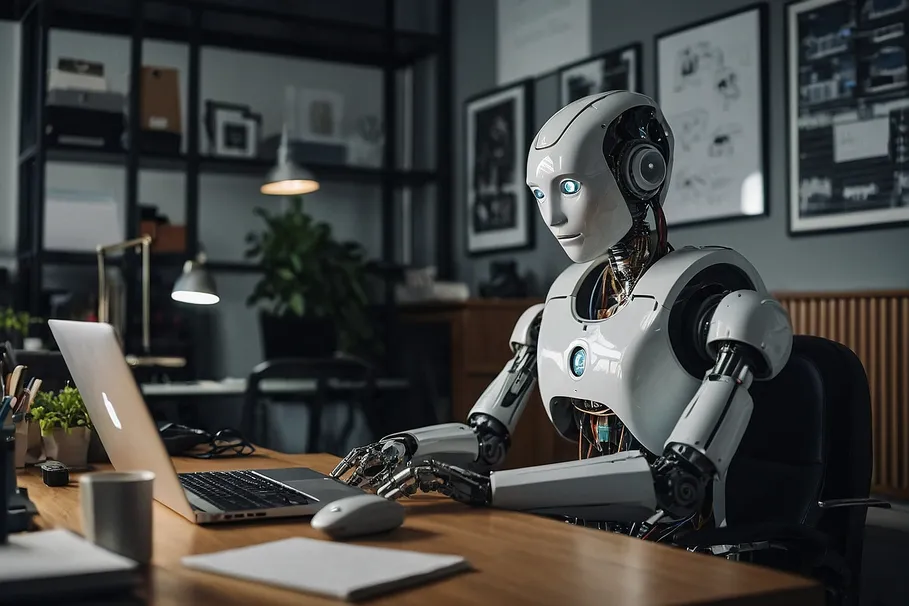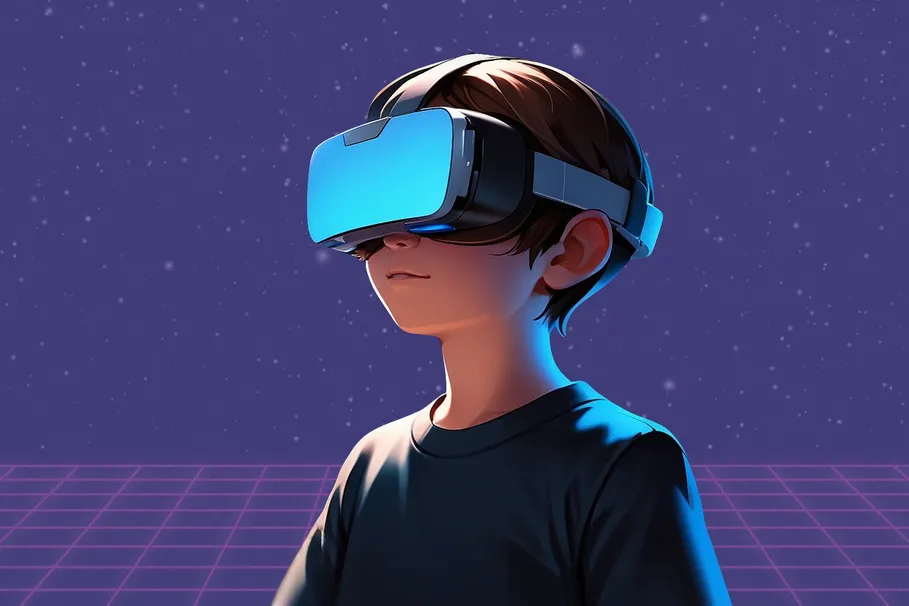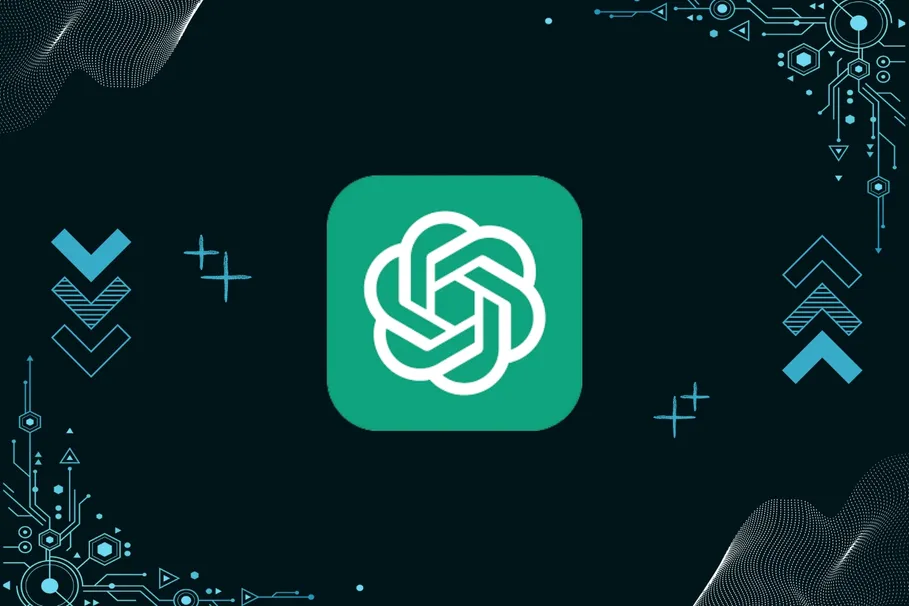In the realm of technology, Artificial Intelligence (AI) is no longer a futuristic concept. It’s here, and it’s transforming the way we live, work, and interact. As AI continues to evolve, one question that often arises is: Will AI take away jobs in the future? This question has sparked numerous debates among technologists, economists, and futurists alike. Let’s delve into this topic and explore the potential impact of AI on the job market.
The Current State of AI
AI is already making significant strides in various sectors. From self-driving cars to voice-activated virtual assistants, AI technologies are becoming increasingly prevalent in our daily lives. These advancements are not only enhancing our lifestyle but are also revolutionizing the way businesses operate.
However, with these advancements come certain challenges. One of the most pressing concerns is the potential displacement of jobs. As AI systems become more capable of performing tasks traditionally done by humans, the fear of job loss is growing.
AI in the Workplace
AI is being integrated into the workplace at an unprecedented rate. Businesses are leveraging AI to automate repetitive tasks, analyze large data sets, and make informed decisions. This has led to increased efficiency and productivity, but it has also raised concerns about job displacement.
For instance, AI-powered chatbots are now handling customer service inquiries, which were previously managed by human agents. Similarly, AI algorithms are being used to analyze financial data, a task that was once the domain of financial analysts.
The Future of Jobs in the Age of AI
The impact of AI on jobs is not a simple black and white issue. While it’s true that AI has the potential to automate certain jobs, it’s also important to consider the new jobs that AI will create.
According to a report by the World Economic Forum, while 75 million jobs may be displaced by AI by 2022, 133 million new jobs could be created. This suggests that AI could lead to a net increase in job opportunities.
Jobs at Risk
Jobs that involve repetitive tasks or tasks that can be easily automated are most at risk. This includes jobs in sectors like manufacturing, transportation, and customer service. For example, assembly line workers, truck drivers, and call center agents may see their roles being automated.
However, it’s not just low-skilled jobs that are at risk. AI is also capable of automating certain high-skilled jobs. For instance, AI algorithms can analyze legal documents, a task that was traditionally done by lawyers.
Jobs in Demand
While AI may automate certain jobs, it will also create demand for new types of jobs. These jobs will require skills that complement AI. For instance, there will be a growing demand for AI specialists who can develop and maintain AI systems.
Moreover, jobs that require human skills such as creativity, critical thinking, and emotional intelligence will continue to be in demand. These skills are difficult for AI to replicate. Therefore, jobs in fields like arts, education, healthcare, and social services are less likely to be automated.
Preparing for the Future
As AI continues to evolve, it’s important for individuals and businesses to adapt to the changing job landscape. This involves acquiring new skills and embracing lifelong learning.
For individuals, this means focusing on developing skills that are difficult for AI to replicate. This includes skills like problem-solving, creativity, and emotional intelligence. Additionally, gaining knowledge in AI and related technologies can also be beneficial.
For businesses, this means investing in employee training and development. This can help employees acquire the skills they need to work alongside AI. Moreover, businesses should also consider how they can leverage AI to enhance their operations, rather than simply replacing human workers.
Conclusion
While it’s true that AI has the potential to displace certain jobs, it’s also important to remember that AI can create new job opportunities. The key is to adapt and prepare for the changes that AI will bring. By focusing on lifelong learning and skill development, we can ensure that we are ready for the future of work in the age of AI.
So, will AI take away jobs in the future? The answer is both yes and no. Yes, AI will automate certain jobs. But no, it won’t take away all jobs. Instead, it will transform the job landscape, creating new opportunities and challenges along the way.


